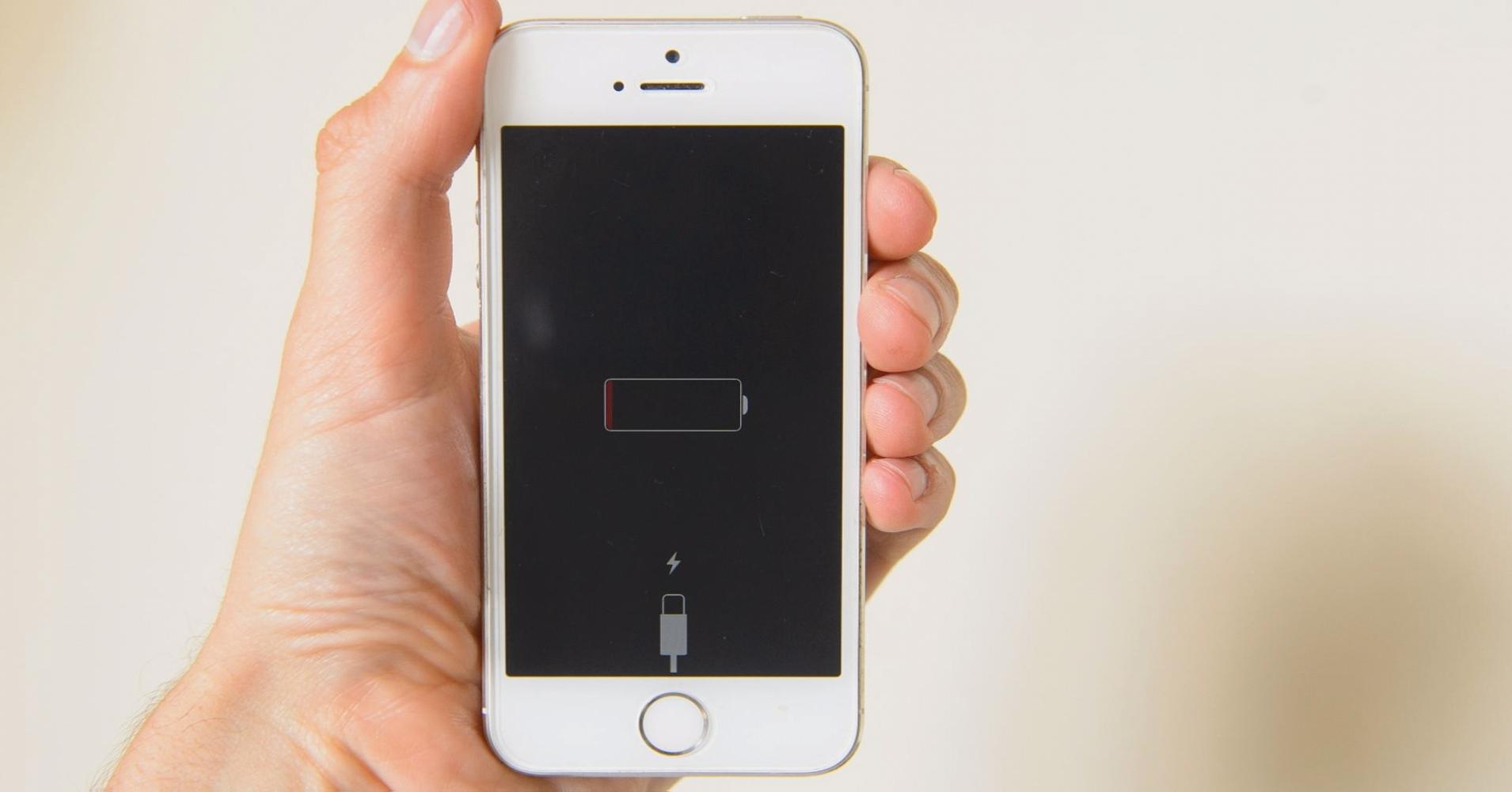Is Apple hysteria wide of the mark?

In December 2017, Apple issued a statement saying that it had intentionally throttled the CPU speed on older models of iPhones to extend the life of degrading batteries and to prevent the phones from shutting down suddenly. However, many Apple fans were furious and thought that the real reason that Apple had instituted this policy was to artificially force obsolescence and entice customers to upgrade to the latest iPhone models.
Apple tried to make amends by issuing an apology and reducing the price of replacement batteries from £79 to £25. Apple had hoped that its loyal customers would forgive the company for this lack of transparency and would continue to be loyal. In the past, this had been its experience with its customer base. The company weathered its problems in 2010 with poor antenna reception on the iPhone 4 and the botched rollout of Apple Maps in 2012. Customers also remained loyal even after Apple had to pay $450 million (£325 million) to settle its role in an e-book price-fixing scheme.
You can make a case that the hysteria surrounding Apple’s disclosure of throttling CPU speeds is wide of the mark. The stated purpose of the practice was to extend the battery life of the earlier iPhone models, thereby giving consumers the benefit of using their iPhones longer. Also, most consumers probably did not notice the slight reduction in performance of their iPhones, but they certainly would have noticed and complained if they had to recharge their iPhones several times a day due to the diminished capacity of the battery.
In addition, it is inaccurate to say that December’s announcement was the first time that Apple had disclosed the practice. In an interview last week, Apple CEO Tim Cook said that the company had disclosed the CPU throttling at the time when it updated its iOS software but that he didn’t “think a lot of people were paying attention” and that the company could have done a better job at making it “clearer.”
However, what got Apple into a public relations problem was why its initial disclosure wasn’t “clear” – the original release notes for the software update did not mention CPU throttling, and that information was disclosed without fanfare a month later in revised technical notes.
Apple was accused of a lack of transparency, and those accusations led to US Congress and the French consumer fraud watchdog DGCCRF investigating the company and challenging Apple’s explanation that its actions were undertaken to benefit its customers. In addition, more than 30 class-action suits have been filed against the company worldwide.
Amalgam Insights CEO Hyoun Park estimates that Apple will lose about $10 billion (£7.2 billion) in revenue during the next year regardless of whether it wins or loses the class-action suits. Park estimates that if the company loses and its unhappy customers switch to Android smartphones, revenue losses could be even higher.
While the Apple hysteria may be wide of the mark, it could prove to be very costly to the company before it finally plays out.
